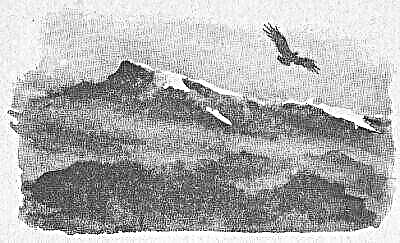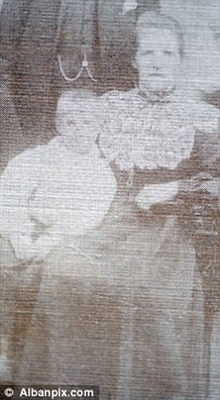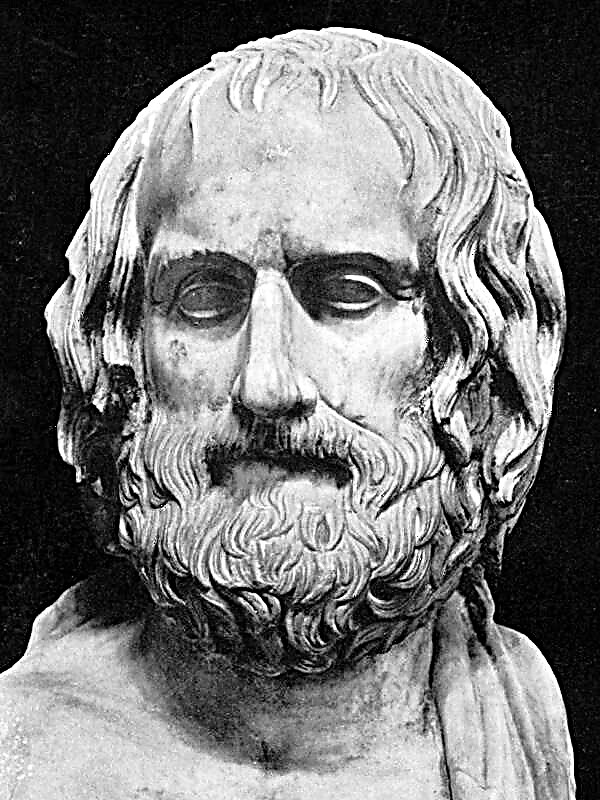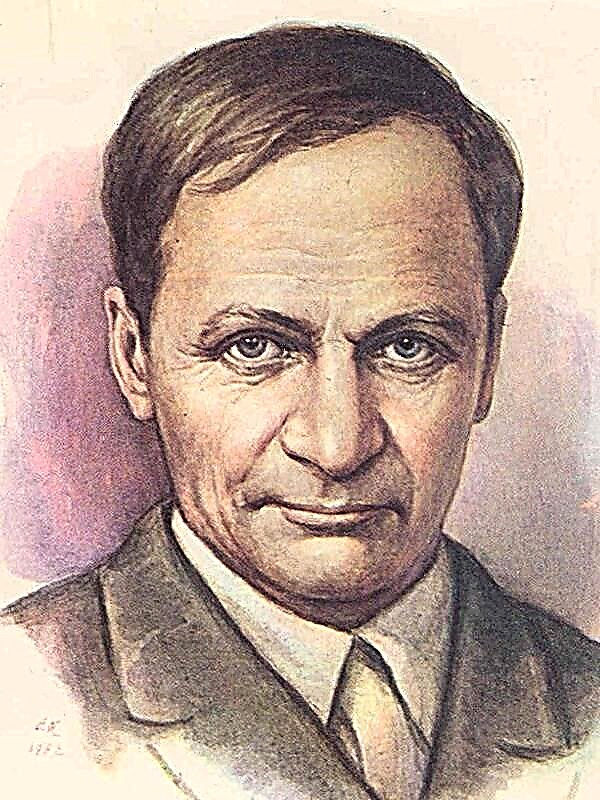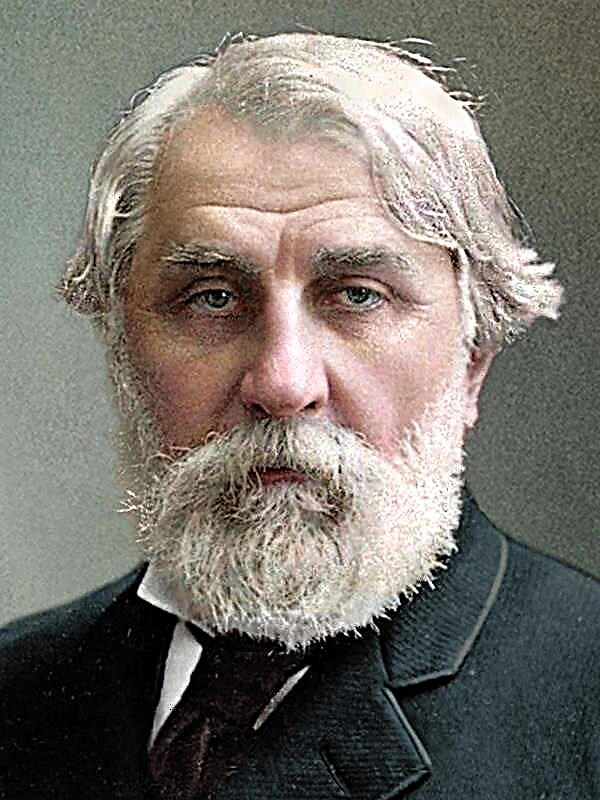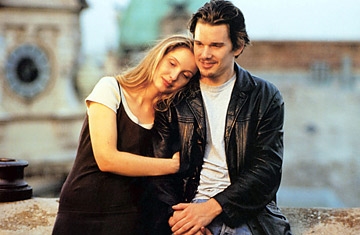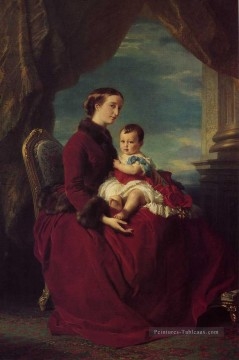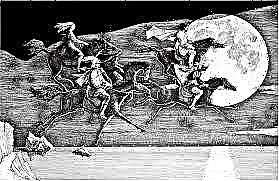Aristotle said: "A generous person is distinguished by the fact that he does not seek benefits for himself, but readily does good to others." Indeed, committing disinterested acts, we do not ask for anything in return. In the historical novel by A. Pushkin, “The Captain's Daughter,” the topic of generosity is most fully disclosed, so examples from this work will help prove any statement about generosity and revenge.
- Peter Andreevich Grinev - the main character of the work. At the very beginning, the young man looks frivolous, but noble: he honestly gives Zurin the lost one hundred rubles, although Savelich tries to dissuade him. Moreover, he invites Pugachev, who led them to the inn during a blizzard, to drink tea and give him his hare sheepskin coat, because he “is dressed too lightly”. The young man could verbally thank the counselor, but he wanted to do good to someone who helped him in a difficult situation. When Peter grows up, his kindness turns into magnanimity. He rescues Marya from Shvabrin’s captivity, risking his life and career. As we see, a person is not born the owner of a great soul, he becomes him over time.
- After the duel, Grinev asked for his rival, Shvabrin, to be released from custody, although he spoke a lot of nasty words about his lover and even wounded him badly. But the main character was not vindictive, besides, he became close to Masha and, feeling very happy, did not want to leave any omissions and negative emotions. The young man understood the motives of the competitor and decided to forgive him: "In the slander, I saw the chagrin of insulted vanity and rejected love and generously excused my unfortunate rival." In the behavior of the hero we see true generosity with which he responds to the revenge of Alexei. This is the only way to defeat revenge by stopping its cycle among people. You can not answer evil to evil, otherwise it will never stop. Peter relieved himself of the burden of revenge and became happy.
- Of course, one of the disinterested and generous characters in the story is Savelich. He loves his young master, forgives him all his insulting words, does not inform him, although he commits a lot of rash acts (loses money, gives a good sheepskin coat, gets involved in a duel). Savelich’s magnanimity is so great that it develops into a willingness to sacrifice himself for the sake of the master: the servant asks Pugachev to have mercy on the “gentleman’s child” and hang Savelich himself instead. Perhaps the uncle's virtue was reflected in the character of the pupil, who does not hold evil at people and is ready to give his life for others. Obviously, a person can be taught kindness, mercy and generosity, showing him a worthy role model. It is not so difficult, but it is very important.
- Pugachev, although he seems to be the main negative hero in the story, nevertheless, performs magnanimous acts. During the execution, he did not immediately recognize Grinev, but when he saw Savelich, he remembered the kindness of the young nobleman and decided to have mercy on him. When Pyotr Andreevich refuses to kiss his hand, he is not angry and only grins: "His nobility, to know, stupefied with joy." Pugachev perfectly understands that he does not perceive him as a king, but he remembers his good attitude and justifies the officer to the rebels. This character trait provides the hero with popularity among the people, because he got involved in this war to help all oppressed and poor people defend their rights. Society always appreciates generosity, so it goes after a rebel, despite its illegal status. But Catherine the Second - the vengeful empress. She is ready to bring down all the punishment on the guilty subjects. Apparently, because of this, ordinary people sympathize with the rebels and go against the queen.
- After a frank conversation, during which the main character admits that he will not break the oath and will not join the uprising, the impostor will grant him freedom. He is impressed by the honesty of the young man, and he generously lets him go, no longer trying to lure him to his side. The leader of the rebels, although a cruel man, is capable of generous deeds and is not afraid of the condemnation of his associates. In addition to the master, he pardoned Savelich, who in person calls Pugachev a villain, and before leaving the besieged fortress, he demands money for stolen property and a sheepskin coat granted earlier. The servant acts recklessly - he was just lucky that “Pugachev was apparently in a fit of generosity” and did not order him to be hanged. Obviously, generosity does not mean kindness at all. The rebel can not be called a good man, he goes to power on the corpses. However, his soul is really full of greatness, because he sacrifices himself, protecting the interests of the people. As we see, kindness is a character trait that manifests itself in relation to the world, and generosity is a one-time manifestation of the nobleness of the soul, it is always an act.
- When the officer returns to Belogorsk fortress after Marya Mironova and directly says that she is his bride, who is being offended, Pugachev immediately declares that he will punish his subordinates for such an offense. Even after he found out that Masha is the captain’s daughter, he understands why he was deceived, and does not refuse his previous decision - to pardon and release the lovers. The self-proclaimed king, as Pushkin describes him, is true to his word; he appreciates the same quality in Grinev; therefore, he treats him with the magnanimity of the winner. Obviously, this property of the soul has a place in the war, it and only it can reconcile the warring parties.
The theme of revenge in world literature is not always interpreted from a negative point of view (for example, blood feud is often equated with a feat), however, in “The Captain’s Daughter” it has no justification under any circumstances. Pushkin shows with a few examples that not only honor and dignity, but people's lives suffer because of revenge. This is most fully revealed in the actions of Alexei Ivanovich Shvabrin.
- When Grinev decides to share with his friend his poems dedicated to Marya Ivanovna, Alexei begins to puke and say nasty things that defame the girl: "If you want Masha Mironova to go to you at dusk, then instead of tender rhymes, give her a pair of earrings." Subsequently, it turns out that Schwabrin similarly tries to take revenge on her for refusing him when he got married to her. Of course, the resentment in the young man lives that he was denied feelings, but this should not be an excuse for revenge. A young man does not have the right to question their honor. She refused because she wanted to be honest with him. Mary never hunted for money, because Shvabrin had them, but she rejected the rich heir, because she did not love him. Thus, his behavior cannot be justified, because revenge is not a search for justice, but the satisfaction of his own pride.
- Shvabrin noticed that the captain’s daughter had warm feelings for Grinev, and therefore deliberately decided to anger Pyotr Andreevich and provoke him to a duel. According to the main character, his rival was more skilled in battle, he was older and served longer, which was his advantage. However, he managed to injure Grinev only because he was distracted by Savelich running towards them. It was a dishonorable act, not worthy of the nobleman of a “good name”. In addition, it is possible that Shvabrin reported the fight to his rival’s father, which made him angry and wanted to transfer his son to another regiment, separating the lovers. But revenge did not bring satisfaction to Alexei. Marya still loved only Peter, but Shvabrin’s reputation was badly damaged by these tricks. His actions led him down an inclined plane, and in the finale the nobleman loses all his privileges and falls under arrest. The blame for the desire for self-satisfaction at all costs: revenge, betrayal or violence.
- When Pugachev captured the Belogorsk fortress, the nobleman Shvabrin joined his troops. During the execution of his comrades, he went to the leader of the rebels and whispered something in his ear, after which the impostor ordered to hang Pyotr Andreevich without the opportunity to swear allegiance to him. Undoubtedly, the main character would not do this, but the traitor deprived him of a chance to survive, while he himself took advantage of it. So he wanted not only to get rid of his opponent, but also to avenge the grievances in which he was actually to blame. To the generosity of Peter, who forgave the enemy, Alexey answered with revenge. What did this lead to? To the fact that Schwabrin did not achieve anything. Grinev freed himself, Marya remained faithful to him, and the slanderer became only a pawn in the game of Pugachev. He fell victim to his defeat. Anger and revenge never lead to happiness and justice.
- It would seem that Shvabrin acted generously when he did not tell the leader of the rebels that Masha, who was called the niece of the horse, is actually the daughter of Captain Mironov. However, he did not do this out of kindness: he had a hope that after all the girl would agree to become his wife. When they refused him again, he began to take revenge on her: he locked him in a room, gave only bread and water, and blackmailed him. Perhaps, at the beginning of the story, the hero really had real emotions in relation to Masha. But resentment and a series of vengeful, low deeds made the nobleman an unscrupulous, cruel, miserable person. Thus, Pushkin creates a completely negative character, in whom even generosity is ostentatious and fake. When we manifest it in order to benefit, this quality loses its value and becomes a banal trick.
- Shvabrin could not cope with his hatred and wrote a denunciation to the opponent, as if he had served Pugachev as a spy, which is why the young officer was arrested. But the hero himself changed a lot: he lost a lot of weight, his black hair turned gray, his beard was curled up, his voice was weak. So not only the war affected him, but also the consequences of his atrocities. Nobody sympathized with the vengeful and deceitful nobleman: neither Pyotr Andreyevich, nor Masha, nor Pugachev, nor the inhabitants of the fortress, nor the general who had arrested him. Pushkin does not talk about the fate of "yesterday's villain," because it is obvious to everyone that he will not have a good ending. The consequences of revenge are always tragic: it incinerates a person’s soul, burning all good qualities. Therefore, people turn away from him, and he remains alone with his anger.
The writer also introduces the antithesis of "generosity - revenge." On the example of most heroes, he shows how good deeds positively affect both the character of a person and his fate: Grinev passed all the tests with honor, returned home and married Mary; Pugachev, who was caught and executed, felt sorry and remembered with a kind word; everyone forgot about Shvabrin, and the reader does not know about his future life after his arrest. Thus, Pushkin urges to be merciful and in any situation not to forget about honor and generosity.



